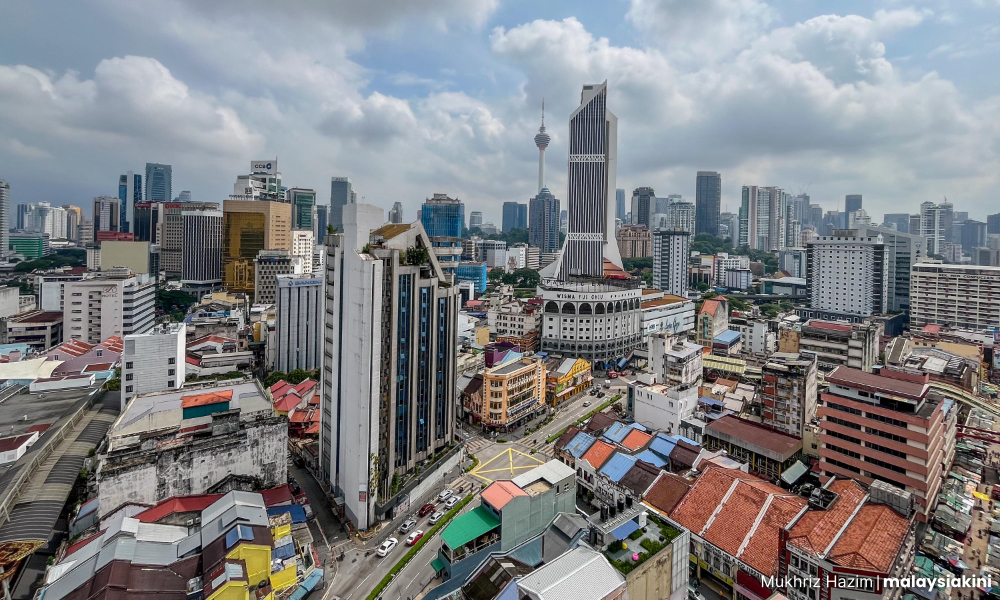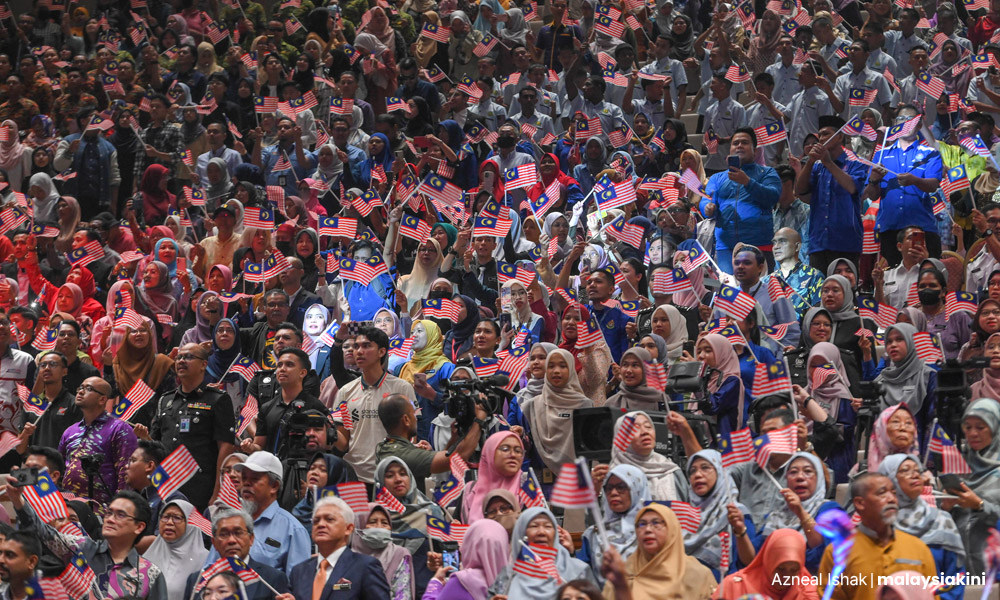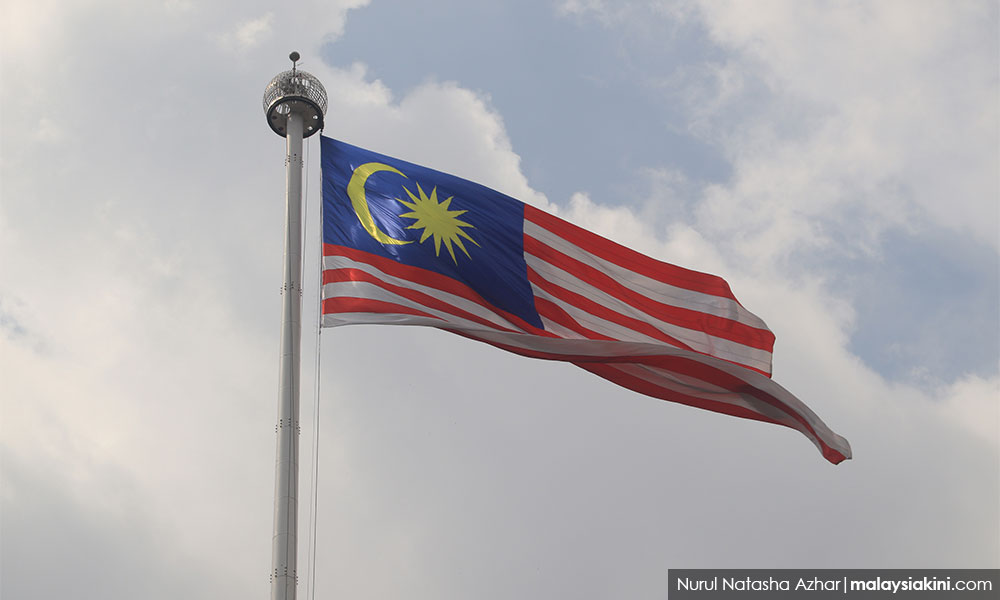After publishing my recent article, I found myself returning to it over and over again, not to edit, but to understand. I had asked what I believed was a fair and honest question:
What if the roles were reversed?
It was posed with care, free from accusation or malice. It was simply an invitation to reflect on how consistently we apply our values, especially when they involve sacred spaces, heritage, and belonging.
Yet, within hours, the reaction made something clear. Many were not ready to engage with the question.
Some accused it of touching on the so-called 3R sensitivities - race, religion, and royalty. However, I still struggle to see how a question grounded in empathy and moral consistency could be considered a threat.
Perhaps that, in itself, reveals the deeper issue.
We now live in a time where even sincere questions are seen as crossing a line, not because they are harmful, but because they expose discomforts we have grown used to avoiding.
I retracted the article the same day, not because I regretted what I wrote, but because I saw how quickly the message was being lost.

What was intended to encourage reflection had become a flashpoint. In a climate where nuance is often drowned out, stepping back felt like the more responsible act. It was not out of fear but to honour the spirit in which the piece was written.
The question asked readers to briefly reverse roles. To imagine, sincerely, how we might respond if the same situation affected us. It was not meant to provoke anger but to invite awareness.
Yet the response told its own story. It was not one about law, development, or even religion, but about the fragility of our national conversation.
‘Allergic to emphathy’
We are becoming a society increasingly allergic to empathy. The space for difficult conversations is shrinking. Disagreement is mistaken for hostility.
Dissent is labelled as disloyalty. Honest, uncomfortable questions, even when posed gently, are often met with defensiveness rather than reflection.
We speak of unity, but it cannot survive without honesty. Honesty demands courage, especially the courage to examine our own double standards.
If sacred spaces matter to us, they must also matter when they belong to others. If heritage stirs us, it must stir us beyond the lines of identity. That is not dilution. That is integrity.
What saddens me is not the criticism itself, but what it reveals. Even the suggestion of moral parity is treated as an overstep. Imagining the roles reversed has become too sensitive to consider.

This piece was written during Syawal, a sacred time that calls for humility, renewal, and self-examination. It was never about assigning blame. It was about pausing long enough to ask whether we are truly fair or simply comfortable.
In today’s climate, even reflection can feel radical.
Safeguards yes but…
There is a growing tendency to treat questioning itself as dangerous. We often hear about the boundaries of 3R as lines that must not be crossed.
And yes, in a diverse society, we need safeguards against hatred and provocation. But when thoughtful, honest questions are treated with suspicion, we must ask whether we are using these boundaries to protect harmony or to avoid accountability.
There is a difference between incitement and inquiry. When we fail to distinguish between the two, we risk silencing the very conversations that help us grow.
Part of the discomfort also stems from our political climate. For years, certain politicians have thrived by framing dominance as vulnerability and casting complexity as disloyalty.
The language of fear and entitlement has been repeated so often that many no longer see the imbalance it creates.
When people are told, directly or indirectly, that their place in the nation is more sacred, more permanent, or more deserving, then even the idea of equal treatment can sound like a threat. And when politics rewards outrage over introspection, reasoned voices are often the first to fall silent.

If we are only fair when it is easy, only empathetic when it benefits us, and only outraged when our own are affected, then what we are practising is not justice. It is preference dressed as principle.
If we want meaningful unity, we must learn to sit with discomfort. We must be willing to examine not only the world around us but also the ideas we have been taught to protect. Difficult questions should stretch our moral imagination, not shrink it.
This was never just about one article. It is about the climate in which it was received. A climate that rewards certainty and punishes nuance.
A climate where loyalty is prized above thought and where moral courage is slowly giving way to ideological obedience.
We often speak of harmony but it cannot grow in silence. It begins with fairness, the kind that applies equally, no matter who is involved.
Let’s ask uncomfortable questions
I do not expect agreement from everyone but I do hope for honesty.
As we find ourselves in the days of Aidilfitri, many are celebrating with prayer, with family, and with joy. But perhaps this can also be a time for all of us to pause and reflect more deeply.
A moment for quiet self-examination. A humility that asks not whether we are right, but whether we are fair.
Because if we are ever to rise above the quiet divisions that continue to shape us, it will not begin with silence.
It will begin with the courage to ask the questions that make us uncomfortable and the strength to listen with sincerity. - Mkini
MAHATHIR MOHD RAIS is a former Federal Territories Bersatu and Perikatan Nasional secretary.
The views expressed here are those of the author/contributor and do not necessarily represent the views of MMKtT.




No comments:
Post a Comment
Note: Only a member of this blog may post a comment.